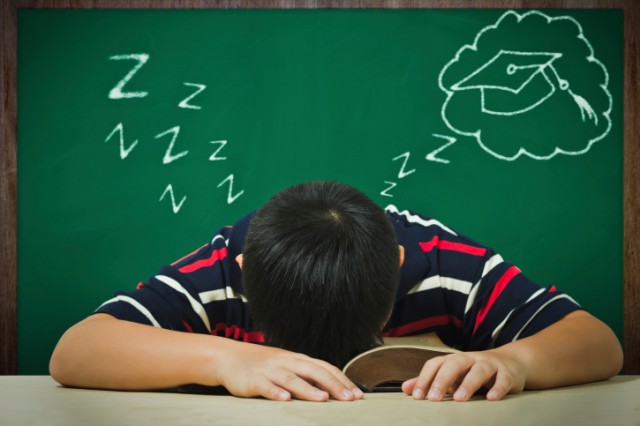
It’s late in the evening: time to close the book and turn off the computer. You’re done for the day. What you may not realize, however, is that the learning process actually continues—in your dreams.
It might sound like science fiction, but researchers are increasingly focusing on the relationship between the knowledge and skills our brains absorb during the day and the fragmented, often bizarre imaginings they generate at night. Scientists have found that dreaming about a task we’ve learned is associated with improved performance in that activity (suggesting that there’s some truth to the popular notion that we’re “getting” a foreign language once we begin dreaming in it). What’s more, researchers are coming to recognize that dreaming is an essential part of understanding, organizing and retaining what we learn—and that dreams may even hold out the possibility of directing our learning as we doze.
While we sleep, research indicates, the brain replays the patterns of activity it experienced during waking hours, allowing us to enter what one psychologist calls a neural virtual reality. A vivid example of such reenactment can be seen in this video, made as part of a 2011 study by researchers in the Sleep Disorders Unit at Pitié-Salpêtrière Hospital in Paris. They taught a series of dance moves to a group of patients with conditions like sleepwalking, in which the sleeper engages in the kind of physical movement that is normally inhibited during slumber. They then videotaped the subjects as they slept. Lying in bed, eyes closed, the woman on the tape does a faithful rendition of the dance moves she learned earlier—“the first direct and unambiguous demonstration of overt behavioral replay of a recently learned skill during human sleep,” writes lead author Delphine Oudiette.
Of course, most of us are not quite so energetic during sleep—but our brains are busy nonetheless. While our bodies are at rest, scientists theorize, our brains are extracting what’s important from the information and events we’ve recently encountered, then integrating that data into the vast store of what we already know—perhaps explaining why dreams are such an odd mixture of fresh experiences and old memories.

